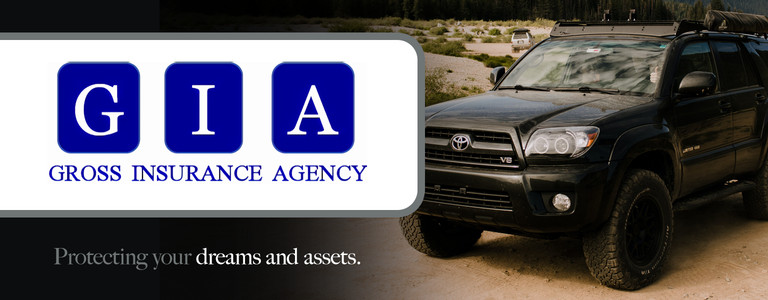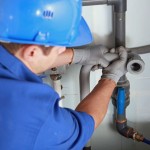 There’s more than just a comfortable drive riding on your tires. Did you know that faulty tires are responsible for over 11,000 accidents and 200 deaths annually in the United States, according to the National Highway Traffic Safety Administration (NHTSA)? As a result, tire maintenance is essential to your vehicle’s performance and your family’s safety.
There’s more than just a comfortable drive riding on your tires. Did you know that faulty tires are responsible for over 11,000 accidents and 200 deaths annually in the United States, according to the National Highway Traffic Safety Administration (NHTSA)? As a result, tire maintenance is essential to your vehicle’s performance and your family’s safety.
Remember these essential tire safety tips to stay safe on the road.
Do a visual inspection: Visually inspect your tires for symptoms of wear and tear, such as a tear in the sidewall or blisters, which can be caused by overheating and result in pieces of rubber coming away from the tread. In addition, sharp items such as stones, nails or screws can cause tire damage.
Take time to choose the right tires for your vehicle: Buying the wrong tires for your car can hurt its performance and its ability to handle different kinds of weather. Good tires can last between 60,000 and 80,000 miles if well maintained. You should get the best tires you can for your car and where you live. Also, make sure you read the reviews. Compare tires from different companies to find the safest and most affordable ones. The owner’s manual or a sticker inside the driver’s side door will have the correct tire sizes.
Check your tire pressure monthly: You should check the pressure in your tires at least once a month and use the manufacturer’s suggested tire pressure as a guide. You can find this information in your vehicle’s owner’s manual, on a label inside the door frame of your car or the tire’s sidewall.
Check your tire tread: Tires lose traction as their treads wear out with age. Tire tread depth inspections are an easy way to ensure your safety on the road. Just a few minutes and a penny are all that’s required. If the tread hides the top of Lincoln’s head, you’re probably fine; if the top of his head is visible, you need new tires. A quarter will also do the trick. Another option is a depth gauge, which you can buy anywhere between $3 and $8 at any auto parts store. The indicator should register above 2/32 of an inch.
Have your tires checked frequently to reduce the likelihood of a car accident caused by a tire blowout, flat tire, underinflation, or other issues, whether you or a loved one is behind the wheel.







